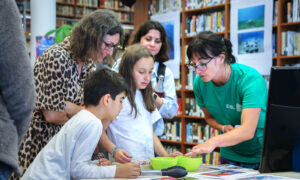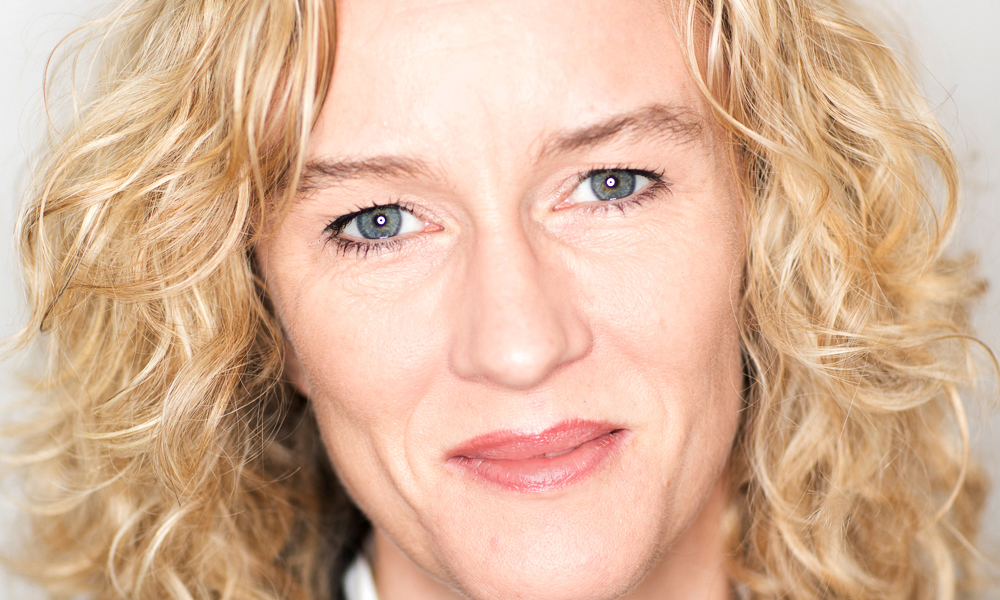
After the lecture: Tracey Brown
Social scientist discusses evidence-based decision making and the need to empower women to share and access scientific information

Tracey Brown’s passion has always been to empower people through information. Since 2002, when the UK-based charity Sense about Science was set up and she became its first director, that endeavour has been embodied in campaigns to demystify data science and algorithms, to advocate for reporting all clinical trial outcomes, and more broadly to promote access to evidence and its good use.
Tracey recently spoke to the EMBL community as part of its Science and Society seminar series, relaying compelling stories about the power of educated public citizens, the inherent limitations of incomplete or distorted scientific information, and how the COVID-19 pandemic has brought the need for publicly shared, evidence-based science to the fore. Here, Tracey shares some of her thoughts following the talk, and reflects on her work relating to women and science to mark International Women’s Day.
We need to create a better picture. It starts with seeing from a young age more of the potential to know and shape the world. Scientists in the public eye shouldn’t be mysterious – we should understand how they got there. Few talk about class, but working-class women are exposed to little of this ambition. The only professional people I met as a child were my doctors and teachers. I didn’t have other sorts of professionals coming into my school to talk about their work. I was the first person in my family to be in school past the age of 15 and that was down to the luck of having a few good teachers.
Mentoring works best when it isn’t explicitly raised. In my experience, mentoring can be most valuable precisely when it isn’t formalised and happens organically. I’ve really benefited from the guidance of Bridget Ogilvie, a former director of the Wellcome Trust. She has always been my champion and made time for me. She sees her role as being someone who believes in me, but that doesn’t mean she agrees with me all the time. She is definitely tough on me, but she believes in my ability. That’s mentoring.
When we look at science literacy, we discover similar issues to risk literacy. Women around the world do not have the same access to information as men, through education, employment networks, and membership groups. But they clearly need to make decisions about their families, workplaces, and communities too.
Women tend to be more highly represented in community activities than men. It’s incumbent on scientific bodies to boost science literacy through public engagement, and it should be valued as a part of science careers to do that. We need to look at whether taking time out to do community engagement is something where women – who are already taking the greater proportion of time out for childcare or elder care – will be supported.
I ended my research career quite early. I worked in Russia in the early ’90s as part of a European Commission project to develop social research. It was a profound experience. Imagine living in a society where there are no independent measures nor reports of how the country is doing. Many people went from trusting everything to trusting nothing. It made me appreciate the contribution of independent data and research to accountability – such as national statistics being independently produced. I hadn’t before contemplated the social change aspect to this. Scientists everywhere – including molecular biologists – should consider what they can contribute to discussions in the public sphere, and who has access to those discussions.


